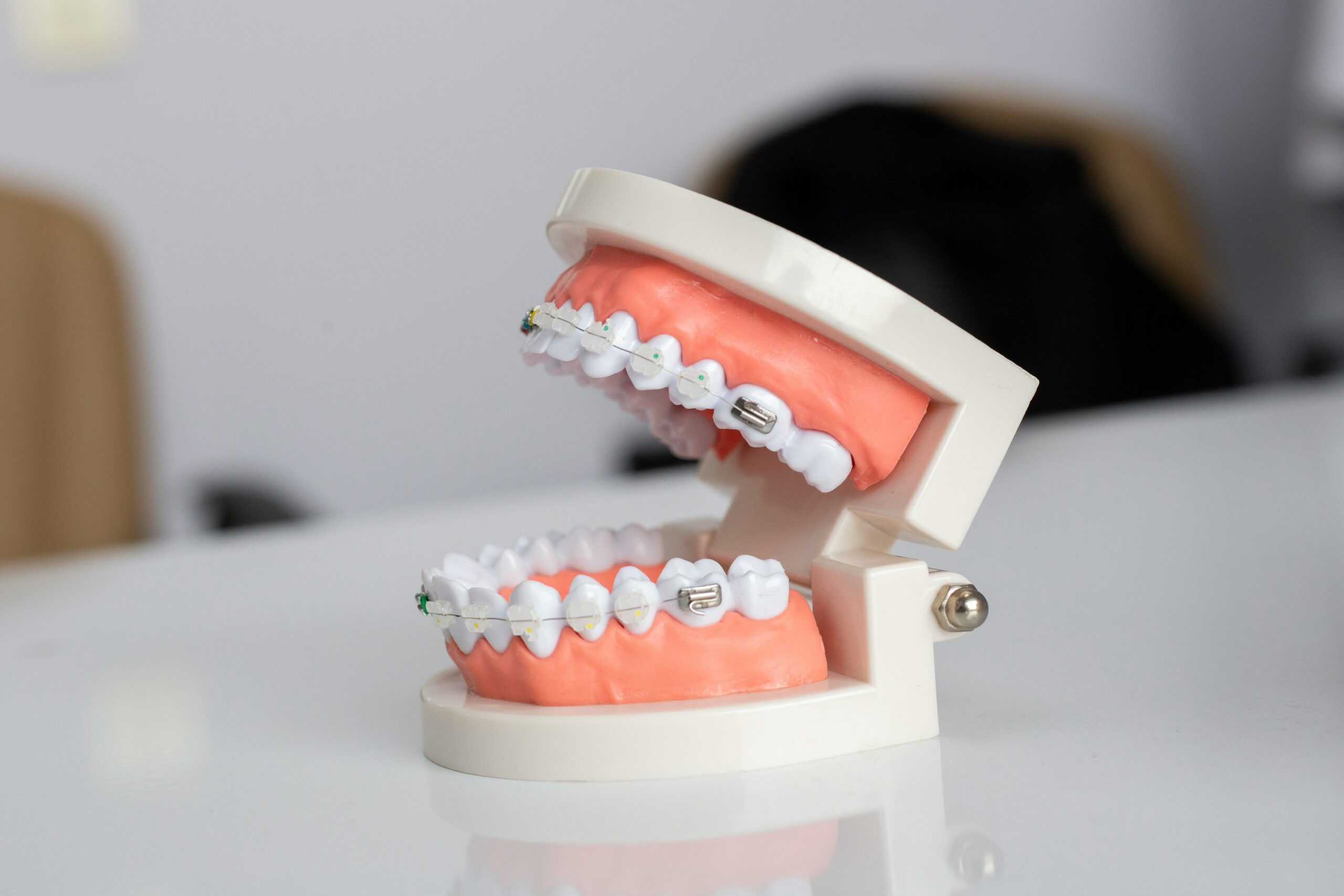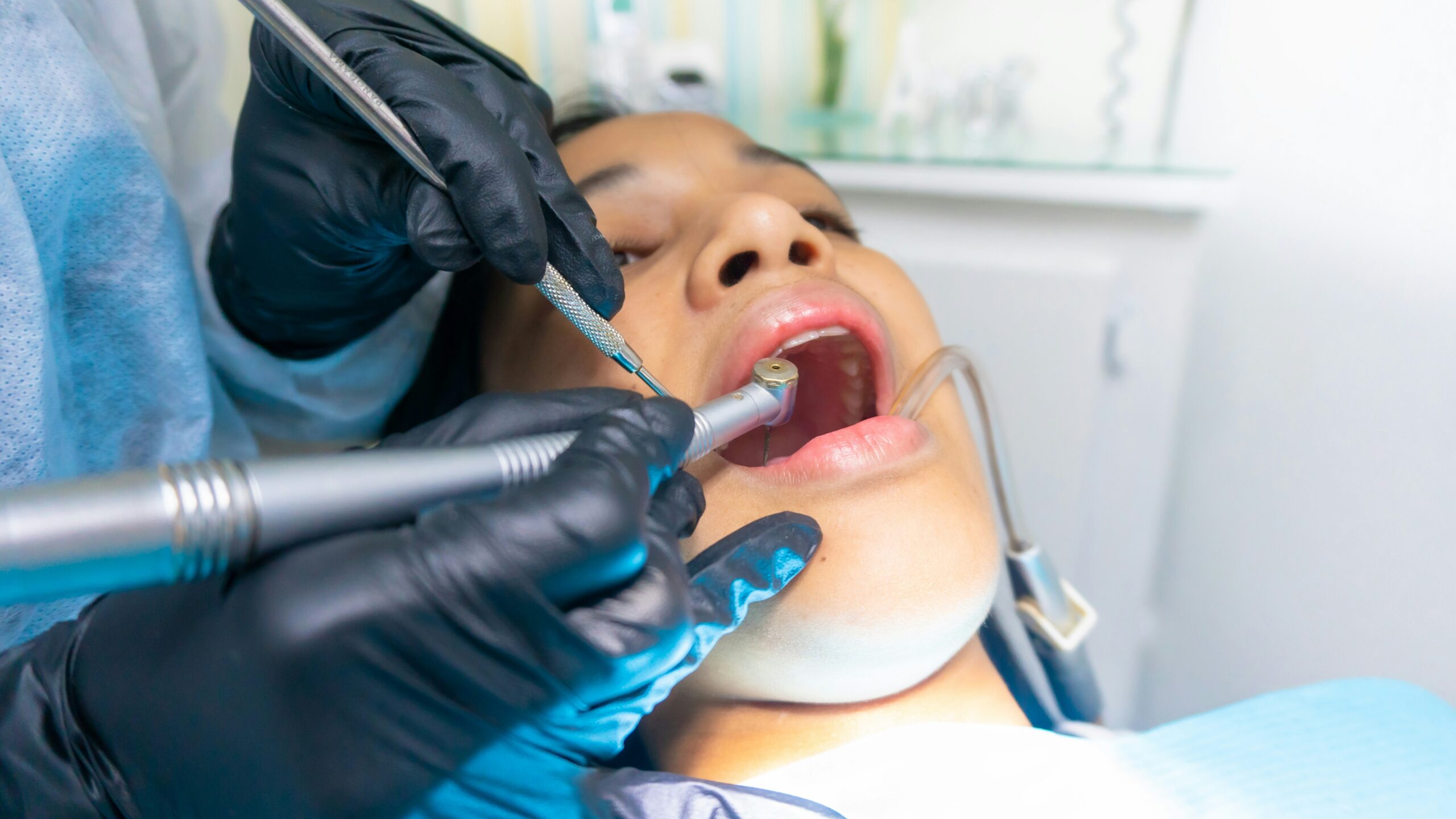Wisdom teeth, which dental practitioners title the third molar, develop within the back of our jaws. As a rule, they come out when individuals are around 17 to 25 years old. In the past, these additional teeth were exceptionally imperative for our precursors. They ate crude plants, seeds, nuts, and meat that required a lot of chewing. Nowadays, because we have diverse eating propensities and better approaches to care for our teeth, these enormous molar teeth are no longer exceptionally vital.
When wisdom teeth show up, they can cause numerous issues with other teeth. The mouth regularly needs more space for these new teeth, so it is troublesome for them to fit in appropriately. This may cause torment and make other teeth move around as well. Since then, numerous individuals have selected to expel their wisdom teeth early so they do not have issues afterward. Indeed, if they now and then make issues, wisdom teeth are still exceptionally interesting in the study of human teeth.
Wisdom teeth are found exceptionally back within the mouth, on the third molar position of each corner:
Upper left, upper right, lower left, and lower right. Since they remain profound in people's mouths, cleaning them appropriately and taking great care of them is challenging. This trouble can make wisdom teeth more likely to have issues.
The place where wisdom teeth come out is exceptionally critical. It is not as it were since it is intense to clean that range, but moreover, when they develop, they can cause problems for the straight line of other adjacent teeth. When wisdom teeth come out from gums, they might swarm our teeth and not straight. Gnawing nourishment can cause inconvenience, and braces or other dental care may be required to settle it. Also, these teeth are exceptionally near to critical nerve and sinus areas. Expelling them can be perilous. It might cause issues.

In ancient times, wisdom teeth were exceptionally critical for individuals. Our predecessors ate crude plants, seeds, nuts, and meat, which required solid chewing ability. The additional teeth, called molar teeth, made an imperative space for chewing difficult nourishments. Too, it was common to lose teeth due to harm, illness, or mishaps. Having more molar teeth made a difference in supplanting these misplaced ones.
In today's world, wisdom teeth are not exceptionally imperative. Since we eat milder and cooked food, we don't require them for solid chewing anymore. Additionally, there are currently advanced strategies to care for teeth, so fewer individuals lose them. Because of this, extra molar teeth don't provide benefits but are considered an impediment. So, many people choose to expel their wisdom teeth early to prevent potential issues with their teeth in the future.
People sometimes call wisdom teeth “molars.” These teeth have huge, level sides and are great for breaking nourishment. Usually, they have three to five focuses on their surface that make chewing simpler. But wisdom teeth are very diverse—their number and shape can shift a lot. A few plants have one root, but others can be intense with numerous roots. That makes pulling them out more troublesome.
The parts included with wisdom teeth are the gums, the bones where they develop, and adjacent teeth. When wisdom teeth come in, they can exasperate these zones and cause diverse dental well-being issues. For example, in some cases, wisdom teeth don't develop properly. These teeth that remain mostly inside the gums can cause torment and contaminations within the gum range and bone around them.
The nerves and blood vessels that supply the wisdom teeth are vital parts of our body. When dentists remove the lower wisdom teeth, a nerve called the second-rate alveolar nerve is exceptionally close to the tooth. This may cause deadness for a brief time or a longer period.
The wisdom teeth can cause different well-being issues due to their late entry and need for adequate room within the jaw. As often as possible, an issue is impaction, where the tooth does not rise completely through the gum line. Wisdom teeth that don't develop accurately can result in torment, irritation, and diseases. They may, moreover, harm adjacent teeth and bones.
Pericoronitis, a visit issue related to wisdom teeth, happens when the gum following a wisdom tooth that's, as it were, in part obvious, gets inflamed and contaminated. Symptoms may include torment, swelling, and inconvenience when opening one's mouth. If not treated, pericoronitis can cause contaminations that spread to other areas of the mouth and neck.
Every so often, sores and tumors can show up close to affected wisdom teeth. Although it isn't a visit event, these growths may possibly cause extreme harm to the jawbone and neighboring teeth. They regularly require surgical intervention to dispose of the ailing tissue and halt assist complications. Wisdom teeth can have cavities and gum disease. This happens because they are difficult to keep clean, so they collect plaque and rot rapidly.

Issues concerning wisdom teeth can shift in their seriousness, and there are a few related to them. One critical issue is impaction—this happens when the wisdom teeth fall flat to rise from the gums totally. Such a circumstance frequently leads to serious torment, irritation, and disease. Teeth that are affected might too thrust on other teeth, leading to arrangement issues and possibly hurting the roots of adjacent teeth.
The disease could be a concern as well. Wisdom teeth are arranged distant back within the mouth, making it troublesome to clean them completely. That can result in more microbes and plaque collection, causing issues with gums and teeth. The disease may extend to other parts of your mouth, head, or neck if it gets genuine. In such cases, you'd require more strong medicines.
Amid the method of extricating wisdom teeth, nerves might be hurt. The inferior alveolar nerve![]() , which sensations the lower lip, chin, and tongue's front two-thirds, can be found near the lower wisdom teeth roots. In a few cases, it may support harm amid surgery, driving to deadness in these regions for a transitory period or, indeed, forever. In comparison to other dangers, this one is uncommon. In any case, it could be a matter that holds awesome noteworthiness if you're arranging to experience wisdom teeth extraction.
, which sensations the lower lip, chin, and tongue's front two-thirds, can be found near the lower wisdom teeth roots. In a few cases, it may support harm amid surgery, driving to deadness in these regions for a transitory period or, indeed, forever. In comparison to other dangers, this one is uncommon. In any case, it could be a matter that holds awesome noteworthiness if you're arranging to experience wisdom teeth extraction.
Recognizing issues with wisdom teeth involves examining the mouth and utilizing interesting pictures. As often as possible, dental practitioners start the method by scrutinizing the mouth fastidiously to identify any indications of teeth being caught in position, diseases, or other issues. At times, the specialist may use their hands to touch your gums and adjacent regions to check for anything unusual while doing this review.
An X-ray may be an exceptionally pivotal instrument for recognizing issues related to wisdom teeth. It gives clear pictures of the teeth, jawbone, and adjacent regions. It makes a difference if the dental specialist knows where the wisdom teeth are found and if they are causing any trouble or pushing against other teeth. Panoramic X-rays![]() take one picture of your entire mouth at once – these are greatly advantageous in showing how wisdom teeth develop and whether they line up appropriately or not.
take one picture of your entire mouth at once – these are greatly advantageous in showing how wisdom teeth develop and whether they line up appropriately or not.
At times, it may be essential to have a CT filter for checking wisdom teeth and their proximity to other encompassing parts. CT filters make 3D pictures that help greatly in the planning of surgeries to extract these teeth. This becomes crucial in case tooth roots are near fundamental nerves or sinuses. This advanced imaging strategy is habitually utilized when standard X-rays fail to give satisfactory data.
It is vital to have an exhaustive check-up by the specialist to identify issues related to wisdom teeth. This includes looking for indications of contamination like puffiness, redness, and discharge and closing these tricky teeth. Dental practitioners also check the cleanliness of the patient's entire mouth. They look out for any gum issues or tooth rot that may well be declining things.
To check conceivable issues with wisdom teeth, seeing a patient's dental history makes a difference. Subtle elements about past issues, medicines, and surgeries help dental specialists comprehend more precisely what may happen. This helps them select the most appropriate treatment and plan for any plausible issues. Understanding the data of a patient's torment history, past diseases, or inflammations helps find what is off base.
Understanding issues with wisdom teeth generally requires a combination of drugs, operations, and caring support. The way to treat it depends on the issue and its severity. Early intervention can anticipate more serious complications and guarantee a smoother recuperation process.
Managing torment could be an exceptionally imperative thing when there are issues with wisdom teeth. A part of people take common drugs such as ibuprofen and acetaminophen, which you'll be able to get without a doctor's paper, to reduce the unsavory sentiments. In genuine circumstances, more grounded torment medication given by a specialist can be required. The dental specialist may also propose utilizing cold packs to diminish swelling and numb the excruciating zone.
Diseases about wisdom teeth, such as pericoronitis, ordinarily require antimicrobials to dispose of the microbes causing the affliction. The antimicrobial and how long you ought to take it depends on how severe the disease is and is conjointly affected by the patient's general well-being. Now and then, specialists utilize antimicrobials, both sometime recently and after surgeries, to diminish the peril of contamination. This activity happens when taking out a tooth or doing comparative surgical methods. These drugs offer assistance security against microscopic organisms that can cause issues amid mending time.
Surgery to remove bad wisdom teeth could be a regular solution for this issue. The method incorporates cutting out the troublesome teeth so that no more issues come up. The surgery is generally done with nearby anesthesia, but it may sometimes require sedation or common anesthesia for difficult cases. Recovery time is distinctive for everybody, but it regularly requires a few days of rest and little movement to help the recuperating process go well.
If there is a take-off discharge near a wisdom tooth that does not come out right, it may be great to form a small cut and let the discharge go. This means making a small cut within the gums range so the discharge can take off and cause less weight. Specialists, more often than not, give antimicrobials after treatment to affirm the disease is gone. Regularly, after they make an entry point and deplete the contaminated range, they conduct surgery to evacuate the troublesome tooth so it does not reoccur.
A few people need orthodontic assistance to adjust tooth positioning due to wisdom teeth. This includes using braces or other dental devices to move the teeth and ensure that they nibble right. Orthodontic treatment frequently combines with other methods, such as tooth expulsion surgery, to induce the leading result.

How individuals bargain with issues with wisdom teeth depends on the kind of issue they are, how genuine they are, and how treatment works. For the most part, in the event that the issue gets dealt with early and right, at that point, individuals, as a rule, do well. Getting free of troublesome wisdom teeth through surgery is something that happens regularly and is ordinarily not perilous. Numerous individuals feel great and recoup quickly after the surgery.
For people who don't need to expel wisdom teeth, it is imperative to visit the dental practitioner frequently and beware of their mouth. These propensities assist in observing wisdom teeth' well-being and halt issues from getting more regrettable as time goes by. Looking for issues at the beginning and managing them can halt greater inconveniences from happening afterward. This activity makes a difference in keeping your teeth healthy and guarantees they work right.